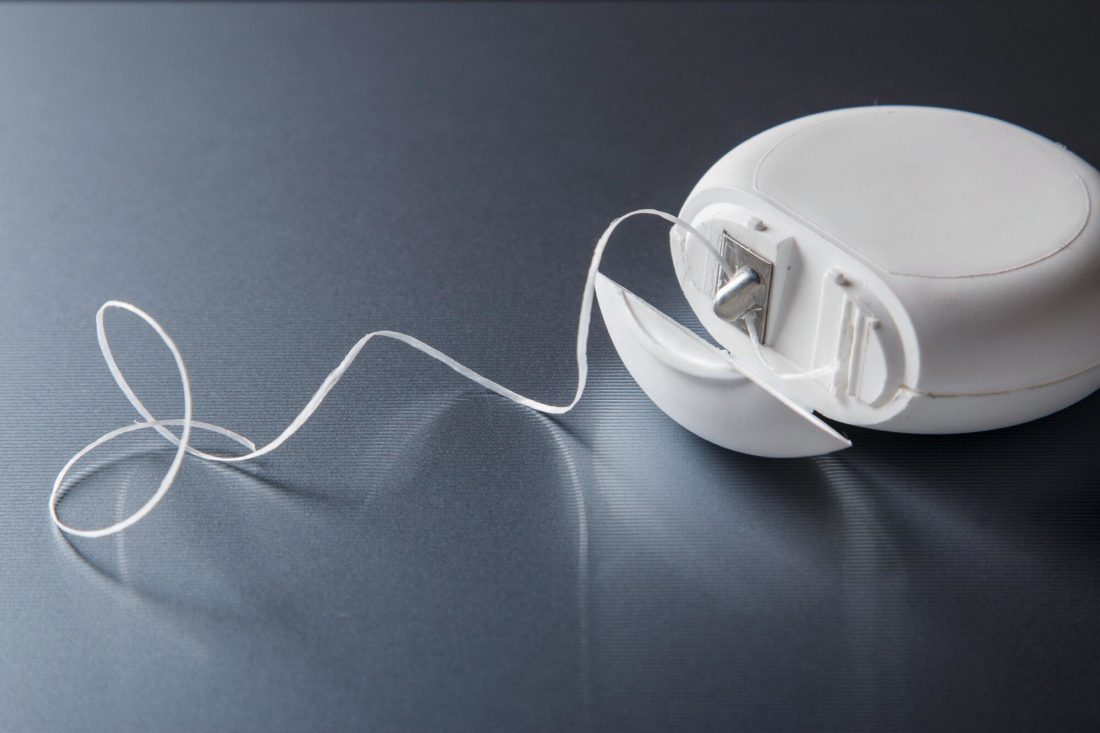
The journey to healthy oral hygiene requires more than brushing your teeth. Flossing is an important step that many Americans ignore.
However, you don’t want to go the opposite route and floss too much. If you floss too much, the gums pull back and expose the tooth’s root. It ends up causing more damage than good to the health of your teeth.
To help you avoid this problem, the top signs of over-flossing are listed below. Keep reading to improve your dental routine!
Irritated Gums
Flossing is a beneficial habit to get into, but you need to make sure you do it the right way. Being able to tell your dentist truthfully that you floss daily won’t matter if you irritate your gums every time.
When you floss with too much force or too much speed, your gums will become inflamed and feel sensitive for a while afterward. It’s important to go slow and be gentle or else you’ll cause even damage to your dental health.
Flossing teeth takes time but it’s worth the effort once you get the right routine down!
Receding Gums
Have you noticed that your teeth appear longer than they once did? Do your gums look as though they’re receding?
This is a dangerous result of over-flossing. Your gums don’t have a chance to heal if you floss too often. They’ll continue to recede and, eventually, will expose the unprotected root to damage.
Pain and Swelling
When you feel swelling and throbbing pains whenever you floss, that’s a sign of a bigger problem. You may have a gum infection caused by flossing damage. You’ve harmed the gums enough that they’re sending you signals that something’s wrong.
Try avoiding flossing for a day or two and see what happens. If the symptoms persist, make an appointment with your dentist and get their advice on how to move forward.
Tooth Sensitivity
Once tooth sensitivity starts to happen, you may have already exposed the root of the tooth to damage. Your gums have receded enough that they no longer line up with the protective enamel layer.
This is a crucial time to stop flossing and make an appointment with a dentist. They’ll be able to take a closer look at your teeth and gums and determine the problem. If it is flossing that’s causing the issue, your dentist can teach you how to floss in a way that helps your teeth rather than harms them.
Don’t Ignore Signs of OverFlossing
Whenever you notice any pain while flossing or a receding gum line, it’s time to minimize flossing and visit your local dentist. These signs of over flossing should never be ignored since they’re indicative of a problem that could cause dental issues in the future. It’s better to ask a trusted dentist to help you improve your technique before this happens.
Michelle Wang D.D.S focuses on family and cosmetic dentistry. With 21 years of practice, Dr. Wang has the experience to help bring a new shine to every smile. Contact us today to set up an appointment!
